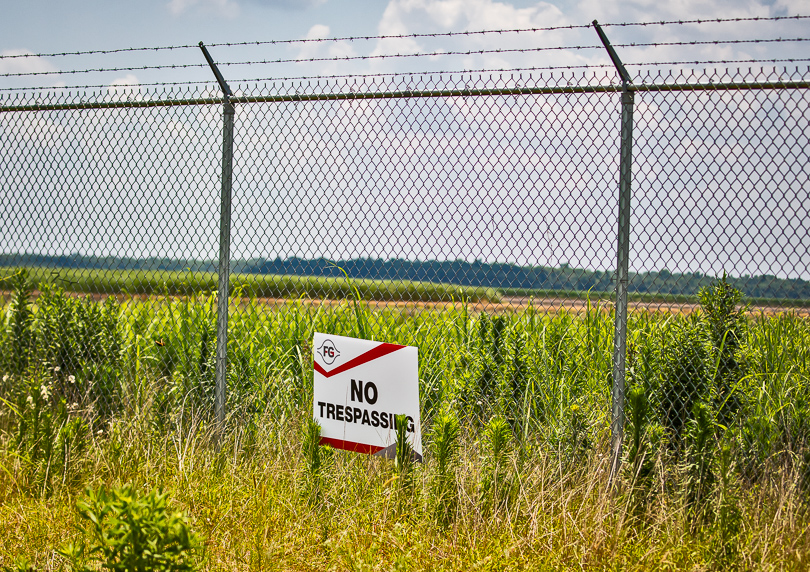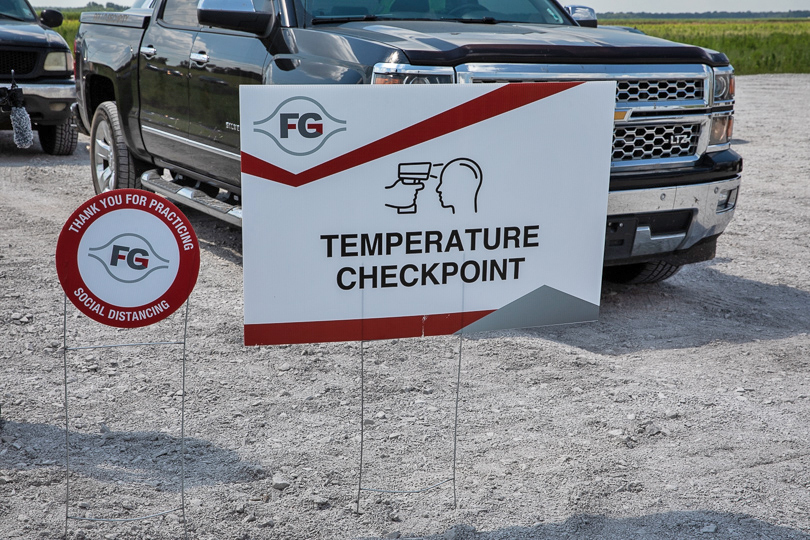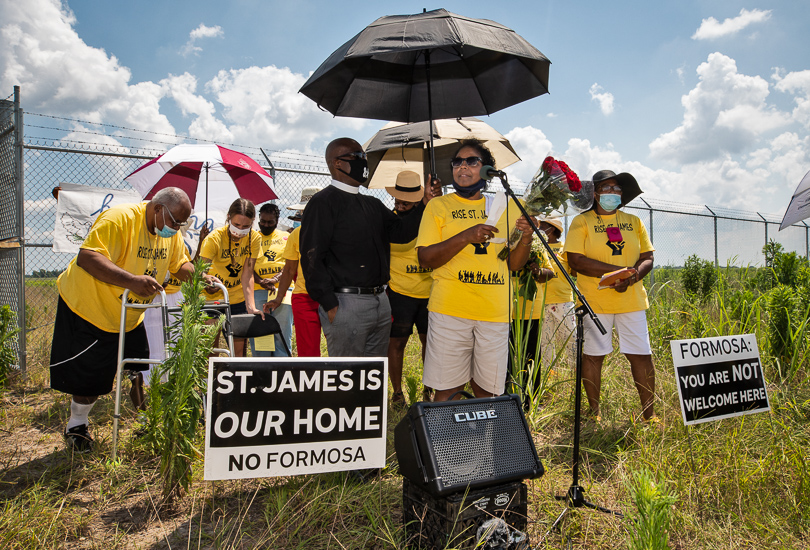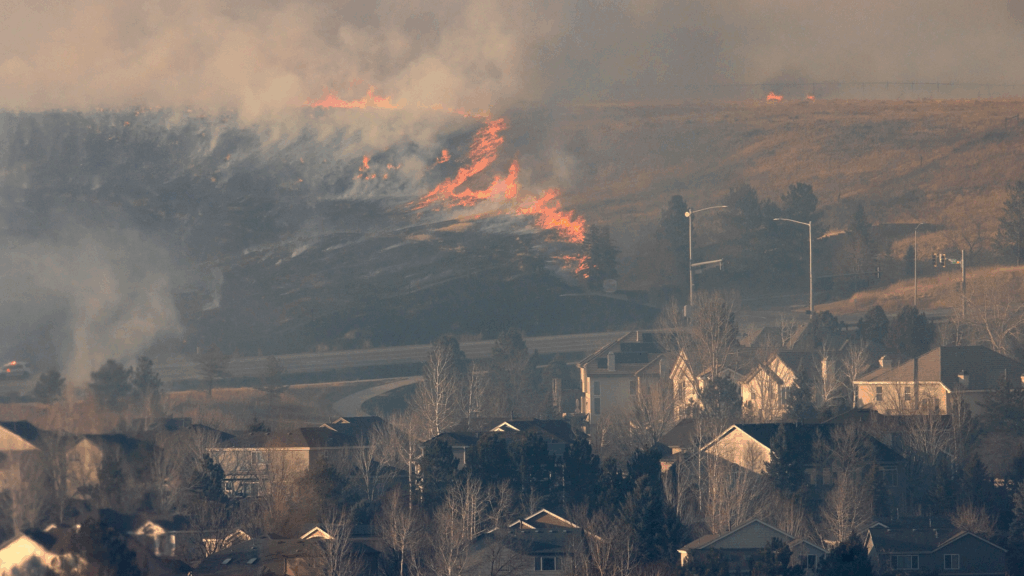Back in late March, Formosa Plastics broke ground on its $9.4 billion plastics and petrochemical project in St. James, Louisiana, which the company has dubbed the “Sunshine Project.”
Today, the company agreed to limit its construction activities until early next year, under a legal agreement reached with several community and environmental organizations who had filed a lawsuit last week. Major construction activities at the site will not move forward until February 2021 under the terms of today’s agreement, with the company required to provide monthly status reports including photographs of work underway and completed.
In exchange, the plaintiffs dropped their request for a preliminary injunction in the lawsuit, which claims that the U.S. Army Corps of Engineers had not adequately addressed numerous concerns over the petrochemical complex during the permit process, concerns which include air pollution, the impacts of flooding and hurricanes at the site, and the presence of graves where enslaved people had been buried on the grounds, a former plantation.
“I feel elated,” Sharon Lavigne, founder of RISE St. James and a St. James resident who has said her ancestors were buried on those grounds, told DeSmog. “I have more faith than ever that we are going to stop Formosa. Even if they start building next year, we are going to stop them.”
The company agreed to defer “construction-related activities for the permitted facility until no earlier than February 1, 2021, with the expectation of this Court’s decision on the merits of the Complaint by that date,” according to court filings. The agreement specifically bars Formosa from building a dock on the Mississippi River and from working near wetlands or near five areas believed to contain the unmarked graves.
Plaintiffs in the lawsuit include the Center for Biological Diversity, RISE St. James, the Louisiana Bucket Brigade, and Healthy Gulf.
“Now that Formosa Plastics has agreed not to disturb graves and wetlands on the site through February 2021, we can focus on this project’s deeply flawed approval process,” Julie Teel Simmonds, a senior attorney with the Center for Biological Diversity, said in a statement. “This plant would sicken local residents, degrade wetlands, fuel climate change, and send plastic pollution into our rivers and oceans. It violates federal law and should never have been approved.”

Fence around the site of a suspected former slave burial ground in St. James on land Formosa bought to build its proposed $9.4 billion petrochemical complex. Credit: Julie Dermansky for DeSmog.
The St. James Parish plant, one of several slated for the region, is planned to be a massive complex, with 14 units producing two types of plastic and the petrochemical ethylene glycol, which is used to make polyester fabrics and antifreeze.
The project’s backers emphasized that “preconstruction activities” would move forward under the terms of the agreement.
“The agreement reached today allows planned preconstruction activities underway at the site to move forward,” Janile Parks, Director of Community and Government Relations of FG LA LLC, a division of Taiwan-based Formosa Plastics Group, said in a statement sent to DeSmog. “These activities include the widening of Highway 3127, utilities relocations, soil testing, placement of test piles, and a pipeline removal. At the same time, plaintiffs agreed to dismiss their motion for preliminary injunction and established an orderly schedule for resolution of the pending lawsuit.”
“FG will always be respectful of the burial remains discovered on its property,” she added.
A second spokesperson told DeSmog that the agreement did not require delays to the project’s schedule. “In fact, we had already moved work on the construction dock to a later schedule,” spokesperson Jim Harris said in an email.
Simmonds, the Center for Biological Diversity attorney, noted that the dock schedule had been changed after the filing of the lawsuit. She also said that today’s agreement offered assurances that the company could not add construction activities between now and February. “We had no guarantee that that was all they were going to do,” she told DeSmog. “Now we’ve got it in writing, so that makes a big difference to us.”
The agreement comes at a time when petrochemical megaprojects nationwide are under increasing scrutiny from investors and financial analysts. “Converting ethane to ethylene is still profitable, says Alan Gelder of Wood Mackenzie, an energy-research firm, ‘just not as profitable as some hoped,’” the Economist reported in June. In July, South Korean chemical giant Daelim announced that it was withdrawing from PTT Global Chemical’s proposed petrochemical complex on the Ohio River in Appalachia, and PTT has repeatedly delayed a final investment decision for the project.
The ongoing pandemic has also made work on megaprojects significantly more difficult. In July, Shell officials said that 17 workers at its petrochemical plant in Beaver County, Pennsylvania, had tested positive for COVID-19 — up from six workers as of June. The company had sent 96 percent of its workforce home during the early days of the pandemic, but then slowly ramped up construction activities after attempting to make the site more safe. “We’ve decided to at least temporarily halt the addition of workers,” Shell spokesperson Michael Marr said last week.

Sign at the entrance to site where Formosa plans to build its petrochemical complex. Credit: Julie Dermansky for DeSmog
The Department of Energy under President Trump has continued to push for a petrochemical “renaissance,” releasing a report in early July that touted the Appalachian Basin’s low-cost shale gas.
In January, a report by the Environmental Integrity Project (EIP) found that planned petrochemical construction projects across the U.S., including liquefied natural gas (LNG) projects, would unleash hundreds of millions of tons a year of greenhouse gases, on par with building 50 new coal-fired power plants.
Formosa’s St. James petrochemical project, the report found, had the potential to emit up to 13.6 million tons of greenhouse gases a year — bringing that plastics project to the top of EIP’s list of potential new polluters.
“Formosa would be one of the largest plastics plants on the continent, and the Army Corps failed to give this project the scrutiny it deserves,” Anne Rolfes of the Louisiana Bucket Brigade, also one of the plaintiffs in the case, said in a statement. “We will not allow St. James Parish to be destroyed for the sole purpose of enriching a company from Taiwan.”
Main image: Sharon Lavigne speaking at the Juneteenth ceremony at the location of a former burial ground for enslaved African Americans on the site where Formosa plans to build a petrochemical complex. Credit: Julie Dermansky for DeSmog.Subscribe to our newsletter
Stay up to date with DeSmog news and alerts






